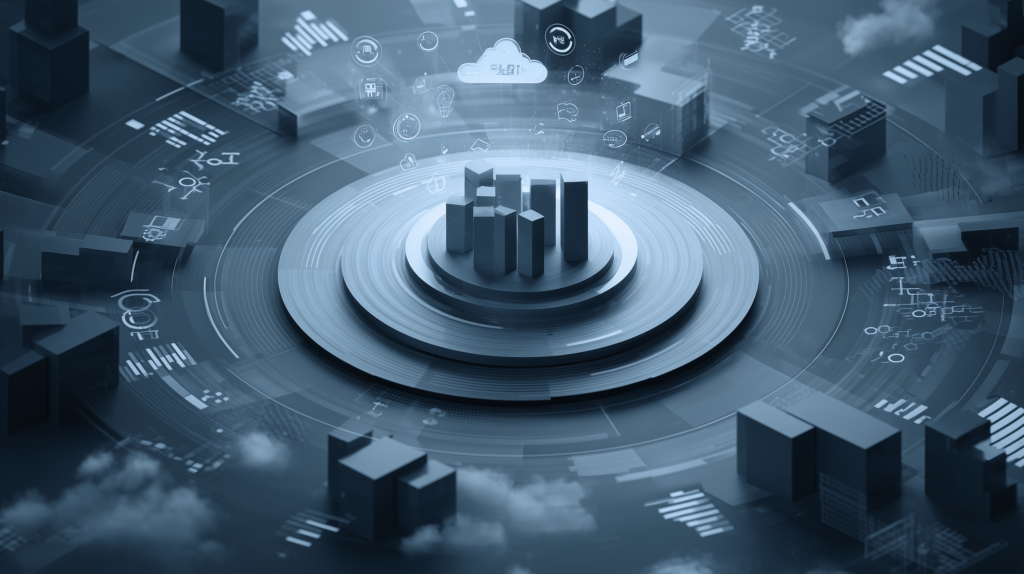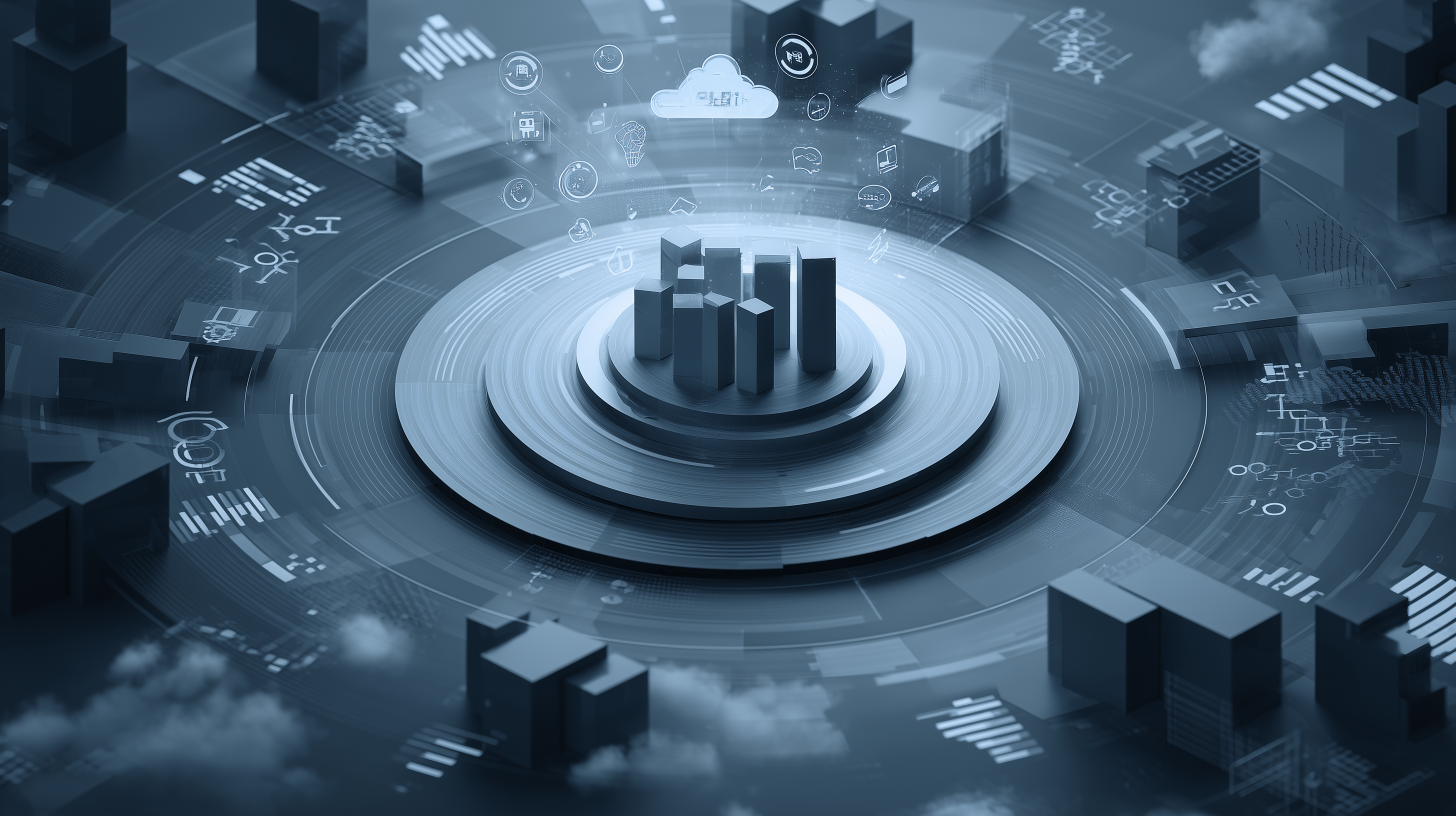Building Resilient Enterprises on Azure Cloud
Introduction
Resilience is no longer a choice—it’s a necessity. In today’s dynamic business environment, organizations must be prepared to handle rapid change, market volatility, and evolving cyber threats. The ability to recover quickly, adapt effectively, and continue delivering value defines enterprise success in the digital era.
Microsoft Azure empowers businesses to build this resilience at every layer—from infrastructure and applications to data and security. Azure’s global reach, intelligent automation, and integrated security capabilities enable enterprises to ensure business continuity, scale operations seamlessly, and safeguard critical assets.
By leveraging Azure Cloud, organizations can transform unpredictability into opportunity—building agile, secure, and future-ready ecosystems that thrive under pressure.

1. The Foundation of Resilience: Scalable Cloud Infrastructure
Resilience begins with a strong, flexible foundation. Azure’s global infrastructure spans over 60 regions, ensuring high availability and redundancy for critical workloads.
With tools like Azure Virtual Machines, Availability Zones, and Azure Site Recovery, businesses can design systems that withstand outages, minimize downtime, and maintain service continuity. The elasticity of Azure allows enterprises to scale resources instantly based on demand—ensuring consistent performance even during unexpected surges.
This robust infrastructure gives organizations the confidence that their operations will remain stable and responsive in any situation.
2. Securing Business Continuity with Disaster Recovery and Backup
Unexpected disruptions—from cyberattacks to natural disasters—can impact even the most prepared organizations. Azure’s business continuity and disaster recovery (BCDR) solutions help enterprises recover rapidly and resume operations without data loss.
Services like Azure Backup and Azure Site Recovery provide automated protection, geo-redundancy, and quick failover capabilities. These ensure that critical systems and data remain safe, recoverable, and operational—no matter the disruption.
By integrating BCDR strategies into their core operations, organizations transform resilience from a reactive measure into a proactive capability.
3. Building Cyber Resilience Through Intelligent Security
In an age of advanced threats, resilience depends heavily on security. Azure provides multi-layered defense that helps organizations detect, respond to, and recover from cyber incidents swiftly.
With Microsoft Defender for Cloud, Sentinel, and Entra ID (Azure AD), enterprises gain unified visibility, real-time threat intelligence, and adaptive identity protection. These tools, enhanced by AI-driven analytics, strengthen security posture while reducing response times to potential breaches.
Azure’s Zero Trust framework further ensures that every access request—internal or external—is verified and secured, making security a core part of resilience.
4. Empowering Agility with Automation and AI
Resilient enterprises are also agile ones. Azure integrates AI and automation to help organizations predict issues before they arise and respond intelligently when they do.
Through Azure Monitor, Automation Accounts, and Machine Learning, businesses can streamline operations, optimize workloads, and maintain consistent performance. Predictive analytics identifies anomalies early, allowing teams to take preventive action rather than reacting to failures.
This proactive, data-driven approach helps enterprises sustain uptime, improve operational efficiency, and continuously enhance reliability.
5. Sustainability and Future-Ready Operations
Resilience also means preparing for the future responsibly. Azure’s commitment to sustainability and innovation enables organizations to grow while reducing environmental impact.
By adopting Azure’s carbon-aware computing, energy-efficient data centers, and sustainable design principles, enterprises can align resilience with long-term sustainability goals. Azure also supports hybrid and multi-cloud flexibility through Azure Arc, ensuring resilience extends across diverse environments.
Together, these innovations empower enterprises to build not only stronger systems but also smarter, greener, and more adaptable businesses.
Conclusion
Resilience defines the modern enterprise—and Microsoft Azure provides the technology to achieve it. Through scalable infrastructure, intelligent security, proactive automation, and sustainable operations, Azure enables organizations to remain strong and adaptable, no matter the challenge.
Building on Azure Cloud means building for the future—where resilience isn’t just about surviving disruption, but thriving through it.
At Adiantara, we specialize in helping leadership teams navigate the cloud vendor maze with clarity. From strategic alignment to implementation and long-term value realization, we bring the experience, certifications, and business-first thinking you need to thrive in the Google Cloud ecosystem.






